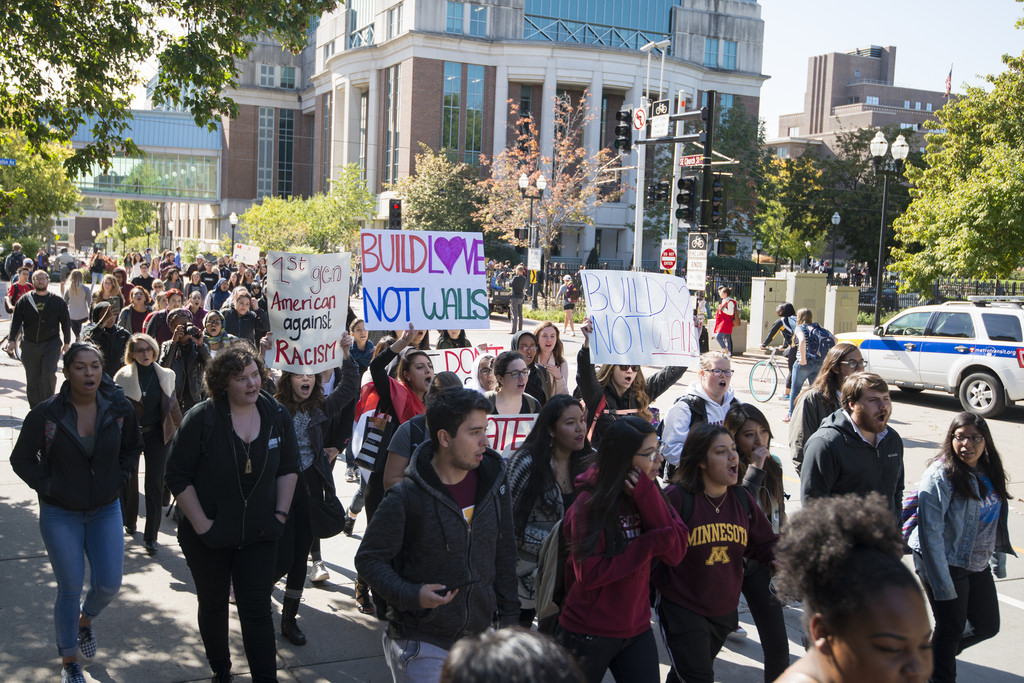
The policy is drafted with the intention of allowing the student body more control over who is allowed to speak at Union events or activities and would prohibit the entrance of said figure to any Students’ Union premises. The reason this is so prohibitive as giving anybody a platform to speak “implicitly classifies their views as a legitimate position”. This would suggest the policy is designed to, in the minds of Royal Holloway students, delegitimise certain views if they are deemed to be hateful.
Further to the question of legitimacy there is another problem posed by the policy. Under this policy democratically elected politicians who had engaged in hate speech and had a “sustained history” of it they would not be allowed to speak. Who will decide this and how can they possibly believe they have the right to go against the will of the constituents who elected that person? Furthermore, if an exception was to be made in this case, it is also unclear as to the discretion to exempt a speaker from the conditions of this policy based on their position in society.
Whilst the substantive content of this policy is written to eliminate grey areas some do still exist. The primary example of a grey area is the lack of clarification as to what a “sustained history” of hate speech actually is. There is no quantitative definition of “sustained” within the policy and the main reason for this is that there isn’t one.
Moreover, the practice of examining what people in the public eye have posted on social media in the past, it raises questions regarding how long ago a person made remarks that the Students’ Union could deem to be hate speech. They acknowledge “Society has always established rules regarding what is acceptable” but do not acknowledge that societal standards of acceptability regarding what can be said have changed vastly over the last 30 years. The policy does not clarify whether the context of the remarks made will be examined in determining the efficacy of the speaker.
The final point of the policy explains it will “mandate Students’ Union to develop a clear internal policy in order to enforce this policy”. It does not suggest what this policy may be, nor does it explain who will have the ultimate authority in enforcing the policy which could plausibly set a dangerous precedent leaving the policy open to abuse.
That said the policy has been created with the right intentions and in documents such as these there are always grey areas; there are grey areas in the statute legislation that governs this on a national level. It shows the Students’ Union is trying to fulfill its ongoing commitment to the physical and mental well-being of students. The need for “safe” debate was brought to light through the personal attacks levied at one another on social media during the Katie Hopkins controversy. We are immensely privileged to be university students and are lucky to have the opportunity to engage in these debates. However, it should never be at the cost of the safety or well-being of a student or a student group.
“Campus protest march against hate speech” – PHOTO CREDIT: Flickr/Fibonacci Blue
All direct quotes taken from “No Platform for Hate Speech on Campus” Policy.
